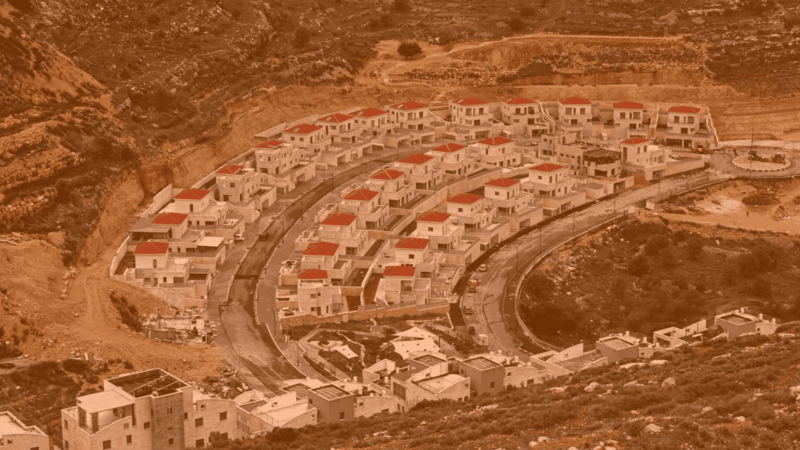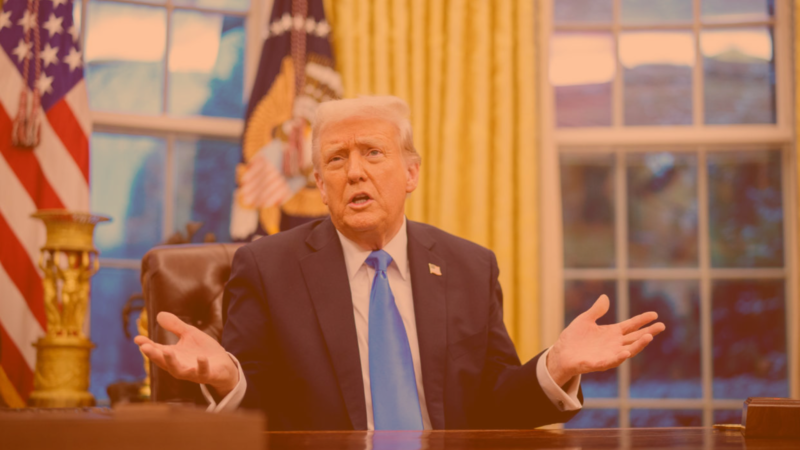The wealth brought by multinationals has only very partially benefited Irish citizens because of the staunch refusal to implement redistribution policies
How is it possible that a democratic government can spend 7.5 million fighting a legal battle to allow one of the largest corporations in the world not to pay their share of tax?
How is it possible that while the supposed corporate tax rate is 12.5%, the Irish government can openly acknowledge that Apple is paying 0.005% tax?
How is it possible that an election can occur in the presence of this court case and there is barely a whisper of dissent from the body politic or the electorate?
According to IMF researchers, Ireland is a tax haven — yet where is the public outcry?
In the last decades the Irish public has been the subject of an establishment narrative touting that ‘there is no alternative’ concerning Ireland’s current economic strategy. The Irish political class have spun a tale so simple and compelling, that these obvious injustices can be accommodated and even celebrated in the blandest of conversations.
How did this happen? It all started with Dr. Tk Whitaker. He was an Irish economist and politician who is widely recognized as the architect of Ireland’s dominant economic strategy. Considered a hero of the Irish state, he has been eulogised as the champion who set the nation on a path to restored national pride. When Dr Whitaker passed away in 2017, the Irish Industrial Authority issued a statement naming him as a major influence in the creation of the Foreign Direct Investment (FDI) strategy. It was purportedly built to overcome the deep poverty and underdevelopment that has affected post-independence Ireland.
Now, many authors outside the ‘mainstream’ Thacherian political narrative question the necessity and effectiveness of that strategy. But if we want to analyze Ireland’s current financial approach, we need to have an understanding of that strategy and what it implied.
The deal was simple: investors created jobs and in return, they got major tax breaks, as well as anything else they needed, no questions asked. The imperative was to create jobs at home and stem the tide of poverty and emigration. Yet what started as a quid pro quo has morphed into an affront to democratic norms and a constant habit to defend the interests of Ireland privileged classes and their global connections in the name of national interests.
The initial FDI strategy began as an industrial development strategy; eg. ‘build your factory in Limerick and we’ll give you a tax break’. However, as the West moved from industry to finance, the Irish strategy moved from building factories to providing tax residency to companies. This means that today Ireland is a de facto tax haven (as per the definition of the IMF) that hosts the multinationals that provide jobs to the IT and pharmaceutical sector, as well as a large number of shell companies which barely employ anyone.
The Foreign Direct Investment (FDI) — central to the Irish economic strategy and has been a key policy since the late ‘60s — has been catastrophically successful
The Irish Department of Business, Enterprise and Innovation estimate that 20% of all private-sector jobs in the Republic are attributable to FDI. And still, the moral, material and political squalor of Ireland, is perfectly evident to anyone who takes a walk around Dublin city centre. We know our country is suffering and the homeless families on the streets of our cities are only the tip of the iceberg. The far greater number are hanging on by their fingernails in a state of dereliction, while banks and landlords gouge them of their hopes of a sustainable future.
The Irish people are victims of prolonged psychological and political repression. They have been convinced to endorse a strategy that is indeed against their real interests This permits corporate interests to hold the Irish people to ransom and allows this bizarre injustice to be politically possible. Solutions seem impossible since the Irish government is stuck between the proverbial ‘rock and a hard place’.
On one hand, having relied on FDI for a long time, the Republic does not currently have other assets to compete with in the global market. However, on the other hand, it is widely understood that pressure coming from the EU and OECD for tax harmonization cannot be resisted forever and just taxation could mean a flight of capital.
After decades of this strategy, Ireland is today an open, diverse and modern country, but the wealth brought by USA multinationals has only very partially benefited Irish citizens because of the staunch refusal to implement redistribution policies. A fiscal policy, and consequently, public services, kept at a minimum level, and the dissolution of basic working rights was the price to pay on the stake of a globalized knowledge economy.
The other side of Ireland (never shown in government propaganda) is a country affected by profound social divide, where poor families spend their nights in the streets and police stations. By contrast, an elite thrive thanks to the resources subtracted to Irish and European public hospitals, schools and transport. Ireland is, unfortunately, the country of many negative records: the only one in western Europe with no universal health care, no public childcare (and some among the highest private fees in Europe), the highest interest rates on mortgages, and where collective bargaining is not recognized by the law.
Moreover, thanks to the governmental choice to defend the tax haven status, Ireland has in the last few years been a net contributor to the EU (it gives to the Eu more than it receives because its GDP is inflated by multinationals and makes the country look richer than it really is). This meant that during the negotiation for the recovery fund it could not negotiate any particular support for its collapsing healthcare system and its economy in crisis. In other words, Ireland pays more to the EU budget than it receives — not from today but since 2013 — just because its GDP is inflated by multinational wealth (and apple in particular) that is not redistributed.You cannot, indeed, play the rich and the poor at the same time. Ireland cannot ask for more EU funding for their public services in crisis, while defending a tax policy that makes the country the 5th richest in Europe according to GDP — even if that money flows through the country.
The usual argument used to defend Irish corporation tax policy (and a great fear in the public debate), is that Ireland cannot renounce these resources and the amount of jobs that come with them.
But, despite the elite scaremongering, even if a more stringent corporation tax should become reality in Ireland, it is not so immediate that the vast majority of corporations will move elsewhere. These companies need European headquarters to operate in. After Brexit, Ireland is today the only english speaking country left in the single market, and multinationals have generally made numerous investments to buy offices in Dublin. Their management has been settled here for decades also, and they have invested in the inflated property market.
Looking at the future, European fiscal harmonization is a matter of time, and the pandemic could forever disconnect knowledge economy jobs from the physical office
A big rural (or abroad) workforce sprawl would be the real threat to Irish local economy, as anyone can verify these days in deserted Irish city centres. In this scenario, is it really in the interest of Irish citizens to pursue a staunch defence of Ireland’s tax haven role? Even those who think that the FDI strategy has served Irish best interest, and have no care for morality or social justice, should admit at this point the absence of an alternative is a problem.
Furthermore, in a globalized economy dominated by US/China wars, is it really wise to prioritize the interests of the multinationals oligopoly? Defending a policy that drains other european welfare systems means to undermine the concept of European solidarity and any future potential for a united effort to overcome the many crises that this continent has to face.
A higher awareness of the necessity of contributing to a common effort for a european wide environmental and just transition is necessary in Ireland
Sovereignty is a big topic of political discussion in Ireland, as is understandable for a postcolonial country. But real sovereignty comes from having a healthy and diversified native economy. However, that is not possible in a nation that does not properly invest in research, education, innovation and renewables and relies solely on foreign capital, mainly from US origin. A country where higher education is generally inaccessible to those that don’t have a middle or upper class background.
Education and investment in creative communities and cooperative spaces are the foundation to grow the native and economic fabric that Ireland desperately needs.
Ireland needs to reverse its strategy for the future and do three things:
- Back the request for ECB Eurobonds.
- Put in place a progressive fiscal system aimed at wealth redistribution.
- Institute a Citizen Wealth Fund, where financial assets (bonds, stocks, properties ecc,) are due to the state in lieu of cash tax money.
These three sources of income can be used to invest in a holistic plan for Ireland’s environmental and social transition and provide the Irish citizens the public services they need. But in order to do this, a change towards a cultural progressive majority is necessary.
The views and opinions expressed here are those of the author and do not necessarily reflect DiEM25’s official policies or positions.
Do you want to be informed of DiEM25's actions? Sign up here















